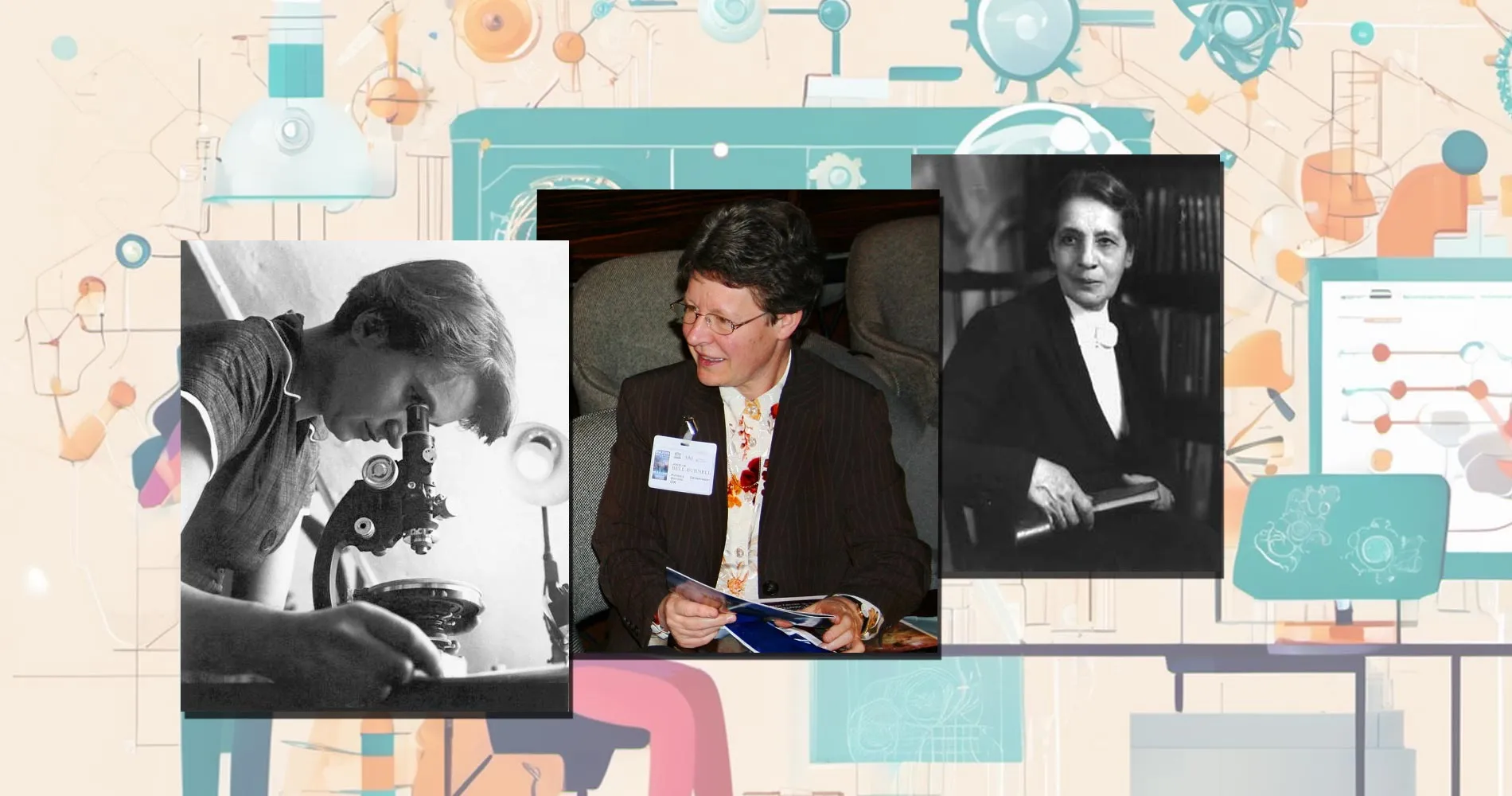While legislators are scrambling to regulate AI, Elon Musk is calling for a six-month moratorium. The cat is out of the bag. The public is torn between awe and apprehension. Will your job be safe or even exist in the future? And who will be the manager of tomorrow, if entry level jobs are occupied by AI chatbots?
Daniel Garcia
5 April 2023
Arabic version | Chinese version | French version | German version | Russian version | Spanish version
Economists use the words “low-skill” and “high-skill” to distinguish between different types of workers, implying that those with “high-skills” were able to perform not only the tasks that low-skilled workers do but also other, more demanding tasks. The reality is far different, as anybody who has met a university professor knows.
Workers have different abilities, and the traditional classification reflects differences in years of schooling and an associated labor market premium. This premium includes higher monetary compensation, better conditions, fewer job-related hazards, etc. But why do more years of schooling lead to such improved working conditions?
One basic assumption would be that for an individual to spend the time and resources necessary to complete such a degree, he or she must demand a premium. Yet many students specialize in areas with relatively poor career prospects such as the humanities, social work or journalism. A second hypothesis is that workers who can complete a university degree show non-cognitive “skills” that are likely associated with success in other fields. While this may be true in many cases, the massive expansion of university-level education since the 1970s has substantially reduced its positive “signaling” effect, but the associated premium has continued to increase.
An important dimension in which college-educated workers distinguish themselves is the ability to communicate and persuade effectively, often in written form. This ability has been enormously profitable in an economy that has tilted ever more to professional services and human interactions and away from manufacturing. Lawyers, consultants, representatives, PR advisors, etc., have enjoyed very high returns on their ability to understand complex information, process it and communicate it effectively. Technological change, in the form of computers, has empowered these workers to perform their tasks without the help of an army of secretaries and clerks, further increasing their returns.
Things are about to change with the development of high-powered artificial intelligence (AI) models, such as ChatGPT or Bard. The ability to communicate effectively, at least in written form, is now accessible to many more workers. Just as computers eliminated the need for secretaries, these AI machines will remove the need for low-level professionals at service firms (legal clerks and paralegals, analysts, junior consultants, etc.).
Yet a fundamental difference exists. Workers who began as secretaries in the 1940s did not move up the corporate ladder, while these “lower-level” professionals are typically entry-level positions in highly pyramid-structured corporations. Today’s analysts can be tomorrow’s partners. If consultants no longer need these analysts, who will replace them when they retire?
What does history teach us? The closest example from the past is the spread of ATMs in the early 1990s. ATMs replaced the most basic task of bank employees (“tellers”), many of whom did climb the ladder to commercial and management positions. Perhaps surprisingly, the efficiency improvements in banking led to an expansion in their business, driving banks to recruit heavily for the following 20 years, until the financial crises of 2008. Bank workers thrived because they specialized in tasks that could not be replaced by machines.
Will ChatGPT be different? Only time will tell. For now, the reader can ponder whether this text was written by an AI-powered chatbot or a formerly highly skilled worker.
Picture: 10 February , photomontage, face with computer boards and writing ChatGPT © IMAGO / Christian Ohde
Other Articles Which Might Interest You
Is All Clear With Clearview?
Amazon’s Acquisition of iRobot Raises Serious Privacy Concerns






















